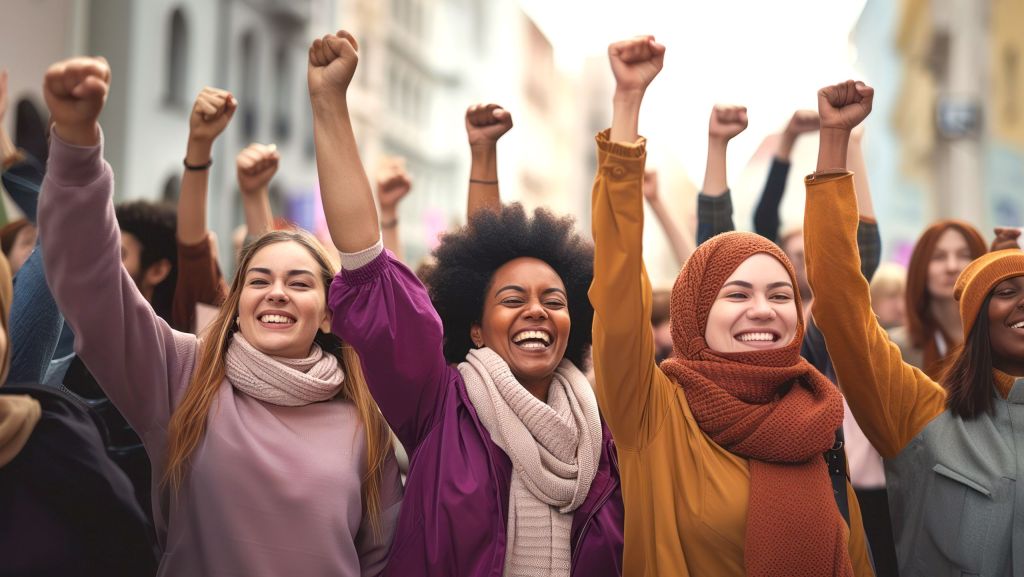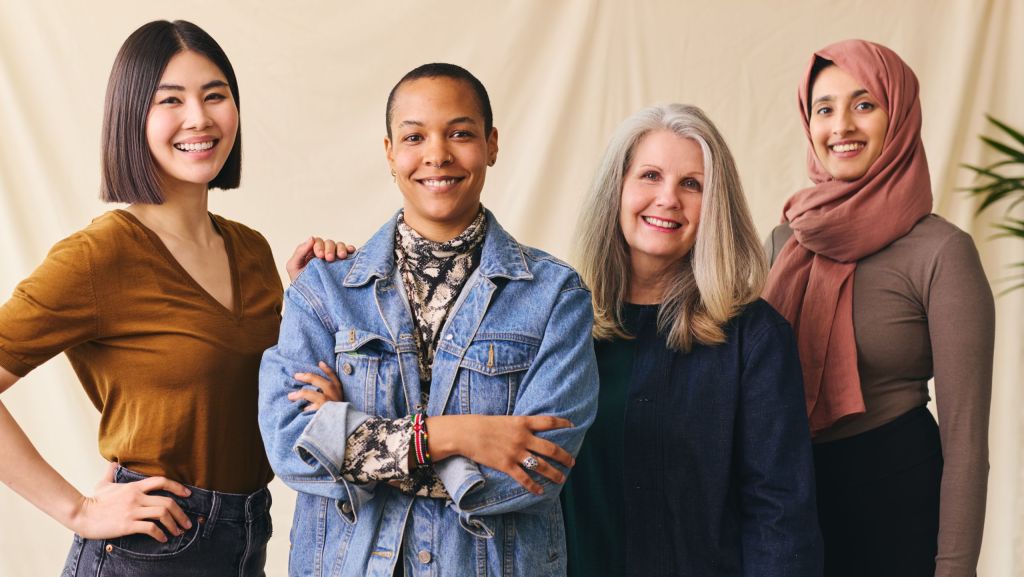Bridging DEI & Strategic Business
MAY 13, 2024 | NEW YORK & VIRTUAL
The 23rd annual Fair360 Top 50 Companies event will be held on Monday, May 13, 2024 in New York, NY at The Glasshouse.
2023 Fair360 Top 50
Since 2001, our Top 50 list has been the premiere arbiter of workplace management excellence. Take the survey and benchmark your organization against hundreds of companies employing over 8 million people in the United States.
Featured Articles

LGBTQ+ Individuals Shine: Celebrating Pride Month in June 2024
This Meeting in a Box provides a comprehensive timeline of LGBTQ+ history in the United States and facts and figures concerning LBGTQ+ individuals. We also examine the harmful effects of rainbow washing and how to avoid it and look at the characteristics of Fair360’s Top Companies for LGBTQ+ Employees.

Mental Health Awareness Month May 2024
Our 2024 Mental Health Awareness Month Meeting in a Box examines the vital role employers play in fostering healthy and supportive workplaces, industry leaders’ mental health programs and emergency support mechanisms, mental health facts and figures and five turning points in mental health awareness.
Upcoming Schedule
Hispanic Heritage Month (Sept. 2024)
Available in June 2024
National Disability Employment Month (Oct. 2024)
Available in July 2024

Mastering Equity: Traits of Successful Executive Fairness Committees
In this webinar, panelists examined the characteristics of companies with best-in-class executive fairness committees. Best practices are most effectively implemented when they leverage data like that found in the Top 50 survey.

Navigating DEI’s Challenging Environment and Setting Goals for 2024
Laura Neuenschwander, Senior Director of Global Inclusion, Diversity and Equity at Medtronic and Dr. Chloe Lemelle, Assistant Vice President of Human Resources at AT&T discussed how companies can navigate the current environment for DEI and set actionable and realistic goals for 2024.
DEI ‘lives on’ after Supreme Court ruling, but critics see an opening
DEI is under attack. Here’s the real reason it makes many white men uncomfortable
North Carolina university committee swiftly passes policy change that could cut diversity staff
Why Texas A&M’s Lone Black Professor of Nursing Called It Quits
Dow CEO: My company is a major plastic producer. We must end plastic pollution

Career Advice: Erich Spencer – The Importance of Being Authentic
Are you finding it difficult to rise up the leadership ranks? Erich Spencer, Senior Director of Global Inclusion Diversity and Equity and Guide Business Partners at Medtronic (No. 2 on Fair360 2023 Top 50 Companies for Diversity list) spoke how being authentic can help employees grow as a leader.

4 Ways Employers Can Support Pay Equity
Not only is pay equity the right thing to do, but it also benefits employers and employees by improving productivity and reducing worker turnover. All Fair360 Top 50 Companies have systemic efforts to detect and correct pay equity.

Corporate DEI Initiatives Don’t Discriminate Against White Men
Fair360’s data has revealed that corporate DEI initiatives do not discriminate against white men.

The History of LGBTQ+ Pride Month
Pride Month occurs in June as a commemoration of the Stonewall riots that began on June 28, 1969. The LGBTQ+ community’s resilience during those events ignited a movement that continues to shape our world.

Earth Day 2024: Embracing the ‘Planet Vs. Plastics’ Theme
April 22 is Earth Day. The 2024 theme is “Planet vs. Plastics,” highlighting the urgent need to address the plastic pollution crisis. This year’s theme is a call to action, urging individuals, businesses and governments to commit to significant reductions in plastic production and waste for the health of the planet.

Unlocking the Power of ERGs
Employee resource groups (ERGs) are more than just employee-led groups that come together based on shared identity or interests. In fact, they have evolved into dynamic catalysts for change in today’s corporate landscape. ERGs must align with the business…

Leveraging Supplier Certification: A Strategic Advantage for Businesses
Supplier fairness certification is one of the tools used to promote equity and inclusion in supply chains and the business ecosystem. It allows historically marginalized groups, including minority-owned, women-owned, veteran-owned and LGBTQ-owned businesses to participate in the marketplace.
Harness the Power of Comparative Human Capital Data















































